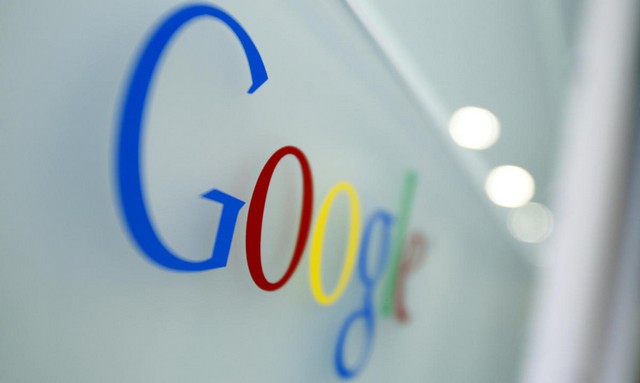By Kim Hjelmgaard
The European Union’s competition watchdog slapped Google with a record-breaking $2.72 billion fine on Tuesday for breaching antitrust rules with its online shopping service.
The announcement marks the latest clash between European regulators and large U.S. technology companies, including Apple and Amazon, which have been ensnared in lengthy antitrust, tax and privacy-related investigations by European officials.
Regulators said Google “abused its market dominance as a search engine by giving an illegal advantage to another Google product, its comparison shopping service.”
The European Commission said the technology firm “gave prominent placement in its search results only to its own comparison shopping service, whilst demoting rival services. It stifled competition on the merits in comparison shopping markets.”
The Commission, which oversees EU competition rules, gave the Mountain View, Calif., company 90 days to stop or face fines of up to 5% of the average daily worldwide turnover of parent company Alphabet.
Last year, Alphabet had a turnover, or annual sales, of just over $90 billion, meaning the additional daily fine would amount to about $12.3 million per day.
RELATED:
A look back at the EU’s 7 years of legal battle with Google
Google has repeatedly denied any wrongdoing. Kent Walker, a senior vice president for the firm, said it would review the Commission’s findings, and may appeal.
“When you shop online, you want to find the products you’re looking for quickly and easily. And advertisers want to promote those same products. That’s why Google shows shopping ads, connecting our users with thousands of advertisers, large and small, in ways that are useful for both,” he said.
Google’s share price fell 2.5% to $948.09, with losses buffered by investor expectations that the EU was preparing a fine.
The fine follows a seven-year investigation by EU regulators and is the largest ever handed out by the Commission. European regulators have two other antitrust cases against Google outstanding. One is related to the dominance of its Android mobile operating system and the other concerns its search advertising platform.
It also represents a stark contrast to the U.S, where large technology firms are often seen as innovators, job creators and do not attract the same suspicion as they do in Europe, according to legal experts. Jan Oster, a professor of EU law and institutions at the University of Leiden in the Netherlands, said that the approach toward regulation in Europe is much more “paternalistic and less laissez-faire than in the U.S.”
He said that the EU perceives markets and consumers as requiring more protections than in the U.S., where the broader legal environment has different interpretations of competition, free speech, privacy and tax standards. He said the EU’s case against Google and other U.S. firms was unlikely to be replicated at home in any form.
The Commission fined Silicon Valley chip maker Intel $1.2 billion in 2009 for anti-competitive practices. Apple was hit by a $14 billion tax bill last year after the EU concluded Ireland provided the firm with improper tax benefits. Amazon has been under the microscope over allegations it used its dominant position in the e-books market to keep prices artificially low while also structuring its sales in a way that allowed it to underpay taxes in Luxembourg the EU claimed amounted to state aid.
“Microsoft fought similar battles with the Commission around the turn of the millennium so we’ve been here before,” said Oliver Fairhurst, a competition law specialist at legal firm Lewis Silkin in London. “The decision shows the exceptionally high standard that dominant businesses such as Google can be held to where otherwise lawful activity can become unlawful simply by virtue of the market share they have.”
Margrethe Vestager, the EU commissioner in charge of competition policy, nevertheless maintained that what Google has done is illegal under EU rules.
“It denied other companies the chance to compete on the merits and to innovate. And most importantly, it denied European consumers a genuine choice of services and the full benefits of innovation,” she said in a statement explaining the decision.
Oster said that it was not a “case of animosity, that Europe in some way targets its laws against American companies. It’s more coincidence. Usually, to the best of my knowledge, the companies that get caught in this web are exclusively U.S. technology companies simply because they are the ones that are the biggest and most influential. There is, quite, simply, no alternative to Google or Facebook in Europe.”
Kim Hjelmgaard , USA TODAY
27 June 2017

